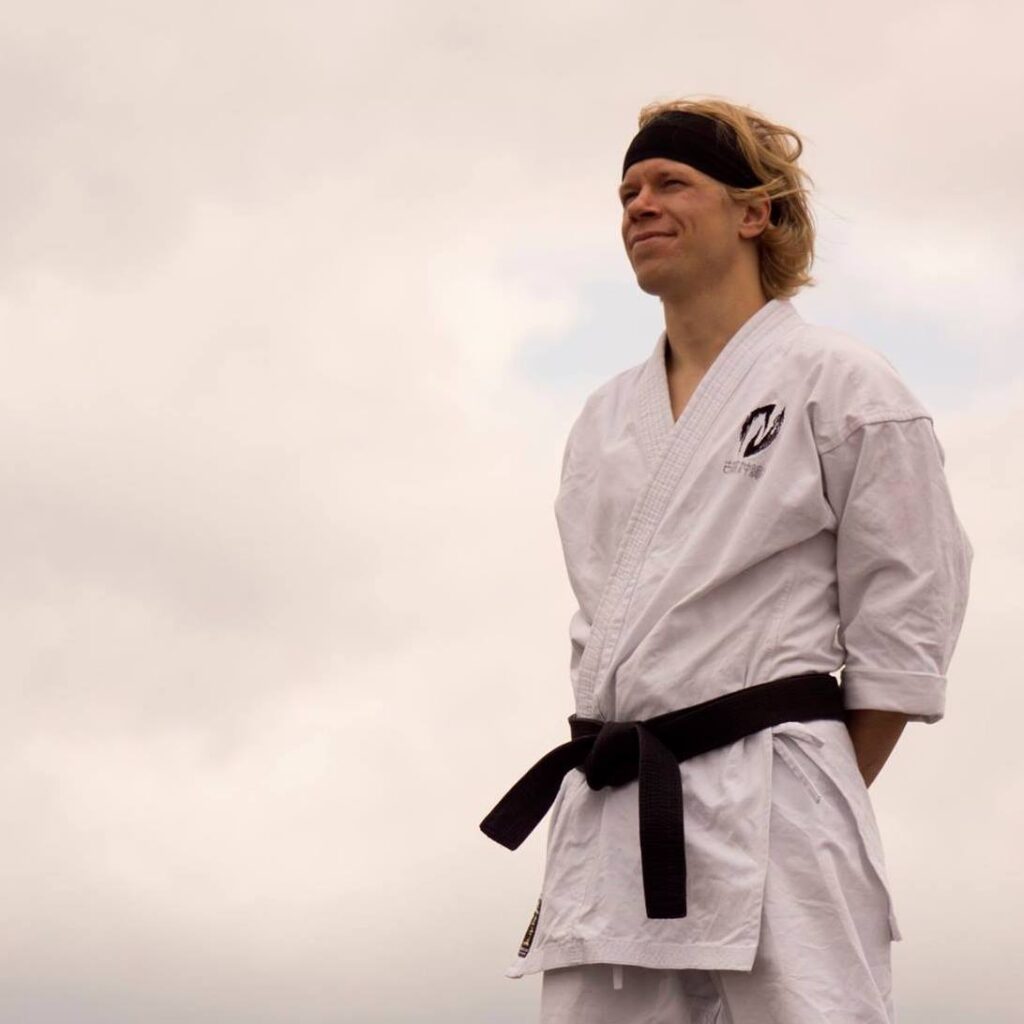Especially in Western Europe, a growing number of people choose not to be affiliated with organised religion. But does it mean that they reject everything religious? And does sport have something to offer for spiritual life, at least for some? Dr Teemu Pauha visited the podcast to share his thoughts on these issues.
Although my own academic background is in theology (I graduated with a master´s degree in 2009), I had many years with little contact to researchers in this field. It didn’t seem there were many scholars in the field interested in sport. Therefore, I was really delighted to be connected with Teemu Pauha via our common friend a couple of years ago, and to find out that we share an interest in spirituality and sport.

Teemu´s main research area has been identity questions of Muslims in Finland, but his work has also helped to explore the fuzzy lines between contemporary ‘religious’, ‘spiritual’ and ‘atheist’ identities. Recently, he has also started addressing sport-related questions.
In the episode, we explore the religion-related landscapes in Europe and some of the key characteristics of new ‘spiritualities of life’ that are formed outside of organised religion. With the focus on embodiment and everyday life, these new spiritualities also sometimes find their expression in physical cultures such as martial arts.
We explore various cultural characteristics of martial arts practices and importantly, Teemu shares what he sees as some key considerations for sports researchers when studying the spiritual in sport.
Part 1 here:
In the second part of the conversation, we moved on to exploring our recent collaborative project on Christian Mixed Martial Arts (CMMA). Being a professional mixed martial arts practitioner and a devout Christian presents a potential contradiction that seems to require ‘identity work’ to bring these two identities into some sort of harmony.
What have the researchers, church leaders and martial artists themselves said about this dilemma? Is MMA just like football or any other sport and a separate life sphere from religion, or something that is inherently incompatible with the Christian faith?
The discussion draws on our article ‘Strong and courageous’ but ‘constantly insecure’: dialogical self theory, intersecting identities, and Christian mixed martial arts.
In addition to exploring a case study of Ron Waterman (a former UFC fighter), we discuss Dialogical Self Theory (Hermans, 2001) as a potential avenue for studying identity intersections and meaning in sport.
Part 2 here:
Dr Teemu Pauha is a University Lecturer at the Faculty of Theology at the University of Helsinki. His research has explored the religious and national identities of young Finnish Muslims and the role of religion in intergroup relations. Teemu is a long-term martial arts practitioner and is interested in the questions of how sporting practices might relate to spiritual life.